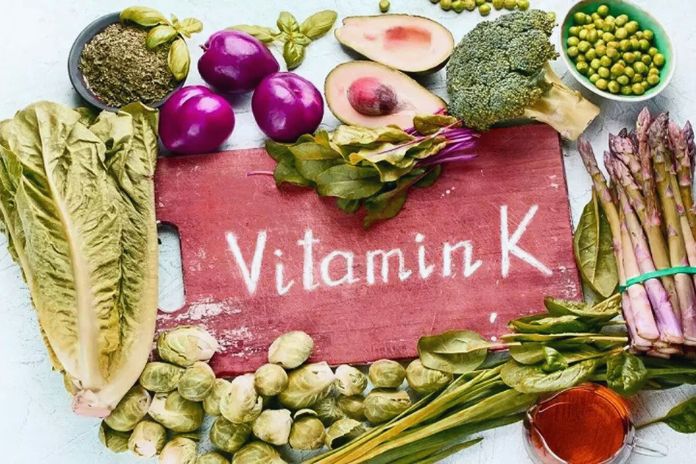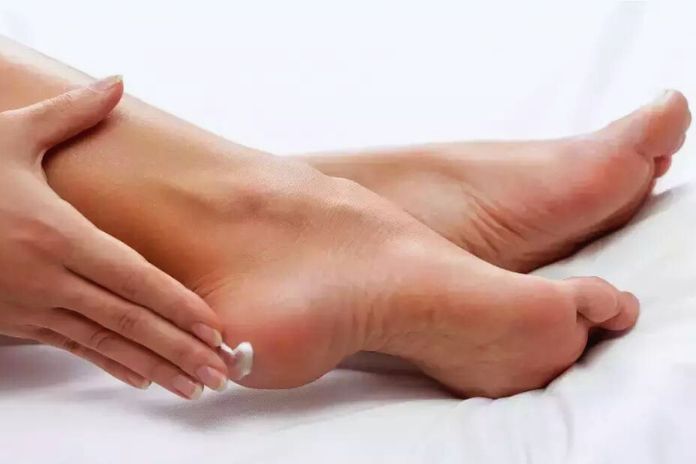The nonexclusive term vitamin K envelops numerous atoms, including Nutrient K1, phylloquinone, or phytomenadione, which is available in green vegetables like lettuce, spinach, broccoli, and kale, and nutrient K2, which incorporates menaquinones numbered from MK-4 to MK-14. Fabricated by the digestive verdure, nutrient K2 is found in creature items like meat and cheddar, yet in addition, matured soy items (natto),
Different observational examinations have recommended a connection between vitamin K and cardiovascular well-being. Are all vitamin K the equivalent for the heart? To find out, a European review of Dutch, English and French exploration habitats checked out more than 103,000 instances of coronary illness.
Vitamin K2 May Be Linked To Cardiovascular Health, But Not K1
This study used a genetic prediction method to evaluate circulating phylloquinone (K1) levels. This gives an overview of vitamin K1 intake over the previous days. The scientists thus found that circulating phylloquinone was not linked to the risk of coronary heart disease. But who gets vitamin K2? To know an individual’s vitamin K status (K1 and K2), scientists study the level of dp-ucMGP ( dephosphorylated uncarboxylated MGP) in the blood.
Manufactured by the muscle cells of blood vessels and cartilage cells, it limits the calcification of the arteries, but to be active, it must be carboxylated thanks to vitamin K. When MGP is dephosphorylated and decarboxylated in its dp-ucMGP form, it is inactive. The level of inactive MGP gives an idea of vitamin K1 and K2 intakes in the long term, over several weeks or months: when it is low, vitamin K intakes are high.
The researchers observed that when the level of inactive MGP protein (dp-ucMGP) decreased, the risk of coronary heart disease decreased by 4% with each reduction of 10 µg/L of inactive MGP. As vitamin K1 does not appear to be linked to cardiovascular health, it can be assumed that vitamin K2 is responsible for reducing this risk of heart disease. In their discussion, the authors explain that menaquinones (vitamin K2) have better bioavailability and are better absorbed than phylloquinone. They would, therefore, be more beneficial to human health.
Vitamin K2 Supplementation For Better Vascular Health
So, should you supplement with vitamin K2 to preserve your heart? In 2015, researchers from Maastricht University (Netherlands) tested the effectiveness of K2 supplementation on the stiffness of the arterial walls of 244 healthy postmenopausal women. For three years, 120 women took 180 mcg per day of vitamin K2 MK-7 of natural origin, and the other 124 women had a placebo (Knapen et al. Menaquinone-7 supplementation improves arterial stiffness in healthy postmenopausal women. A double-masked randomized clinical trial. Thromb Haemost. 2015.)).
The results show that MK-7 supplementation significantly reduced vascular stiffness and the dp-ucMGP marker, a risk factor for hardening of the arteries. A beneficial effect was observed in the carotid artery for women with higher arterial stiffness at the start of the study. Therefore, a daily dose of vitamin K2 for three years improves blood vessel health in healthy postmenopausal women, especially those who already have problems with arterial stiffness.
What Form Of Vitamin K2 MK-7 Should I Use As A Food Supplement?
Vitamin K2 MK-7 does not exist in Western diets. It is found only in natto, a fermented soybean dish in Japan and whose taste is rarely enjoyed elsewhere. Vitamin K2 MK-7 is a food supplement, but different forms are available. It is always necessary to ensure that the form present in the product is the biologically active all-trans form, which is not necessarily the case.
Read Also: Is Apple Cider Vinegar Effective For Weight Loss?




